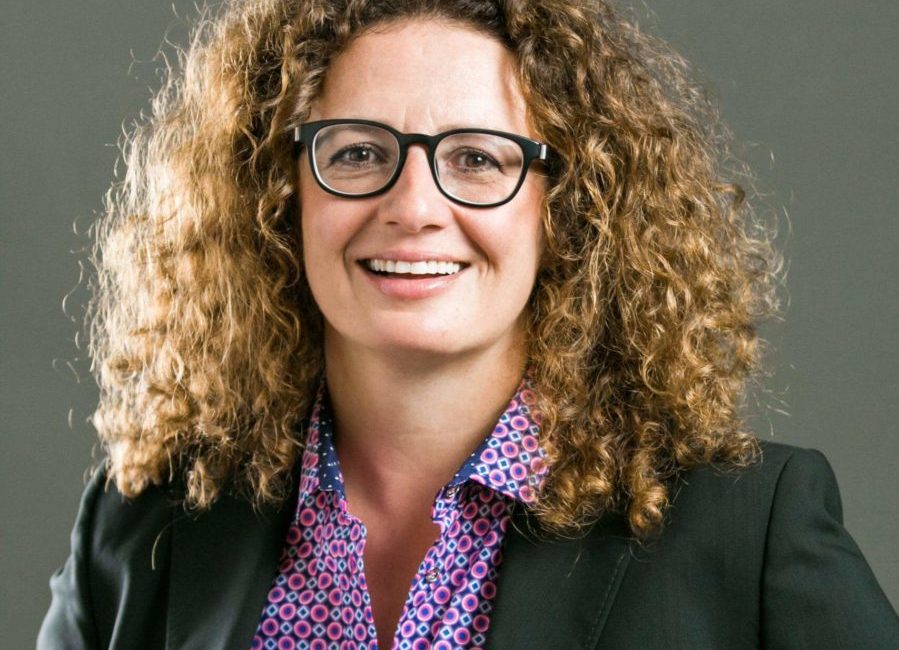Q1. What was your company’s unique approach in integrating technology to achieve UN’s Sustainable Development Goal (SDG)?
From day 1 we developed the idea together on partnership with two non-profit organizations.
In this way, we were able to perfectly map the needs of the employees as well as those of the NGO´s.
Q2. What are some examples of SDG-focused projects that your company is currently working on?
In Germany, we have been supporting an ideas competition for social startups since 2001: startsocial e.V.!
Allianz employees are passionately involved as coaches or jurors – year after year they discover outstanding initiatives there. Jambo Bukoba e.V., Hackerschool gmbH , Zeltschule e.V. oder wellcome gGmbH are just a few examples.
In addition, five children’s aid organizations of Allianz for Children and Young People have been active in Germany for over 25 years.
Collectively, in the past year almost 300 projects were supported. The focus is on young people who need special support due to their physical, mental, emotional or social development.
Q3. What are the most difficult challenges your company and other companies face generally in the implementation/adoption of new sustainable technology?
Die Herausforderungen und Fragestellungen sind komplex. Letztlich zielt eine grundlegende Veränderung hin zu einer nachhaltigen Lösung darauf ab, dass jeder/jede seine Verhaltensweisen ändert.
Essentiell dabei ist, eine beständige Kommunikation und Schulung, welche Spaß macht. Jeder sollte verstehen, dass nachhaltiges Agieren Sinn machen.
Wir schonen die vorhandenen Ressourcen dieses Planeten und tragen dazu bei, die Zukunft nachfolgender Generationen zu sichern.
Q4. Tell me about a time your sustainable tech helped another company realize their SDG goals.
We are at the beginning of a sustainability journey here – so we cannot yet speak of achieving our goals.
However, other business enterprises are increasingly venturing into partnership with NGOs and also see the need for cooperation in partnership with NGO´s.
Q5. What is the biggest challenge your company has handled while enabling your sustainable tech accessible to different communities?
Mutual understanding and trust in each other is important for the success of a joint collaboration. First, let me tell you about the beginnings of “seidabei.
At the beginning, there was the realization that our employees were partially supporting NGOs for the duration of an ideas competition. After that, our paths generally diverged. But why shouldn’t we support NGOs in the long term and, above all, how?
At the beginning, the idea of a common platform was honestly questioned by the NGOs. Do we really want that ? What do our employees say about it ? Our board of directors and the works council ? And how do we find a simple technical solution, which on the one hand meets Allianz standards, but on the other hand does not overburden the NGOs.
These basic things were challenging at the beginning. But important and right to develop the platform uniquely. Today we have created a scalable platform that many Allianz companies in Germany can use – at the same time the technical core is transferable to other international Allianz companies.
On the other hand, in discussions with other companies I notice that there is a lack of belief in the professionalism of NGOs. NGO’s do not work better or worse in many areas; they work differently than commercial companies. And to be honest, in some things we can learn a lot. NGOs react incredibly quickly to changing conditions and are 100% empathetic to their customers. Here we can learn a lot from each other. ‘
My credo is: Give each other trust and always communicate openly and transparently – the result of the cooperation will surprise everyone.
Q6. Cost-effective sustainable tech can be lifesaving and planet-saving approach. What actions your company takes to make your sustainable tech economical and a fit for the large-scale adoption?
Our goal is to be able to make the platform available to other companies, or for them to be part of the “seidabei” community.
New product developments cost money and resources – we can also make these available digitally to other interested companies.
Q7. What do you believe will be a global, long-term, impact of your sustainable tech integration?
On the one hand, I am convinced that we act as a role model and encourage other companies and NGOs to work together in partnership.
On the other hand, I hope that we will find more “seidabei” followers who support our approach:
Meeting the coming social challenges together.
Q8. What’s your vision for the sustainable tech industry and your company’s role in it?
To be a pioneer for resource-saving solutions! And at the same time to inspire other business enterprises and non-profit organizations to embark on a sustainability journey together.
We can only master the coming challenges together.
Ultimately, it is about creating alliances in partnership with completely different players.
Tanja Olbert
Corporate Social Responsibilty German Desk,
Allianz SE.
